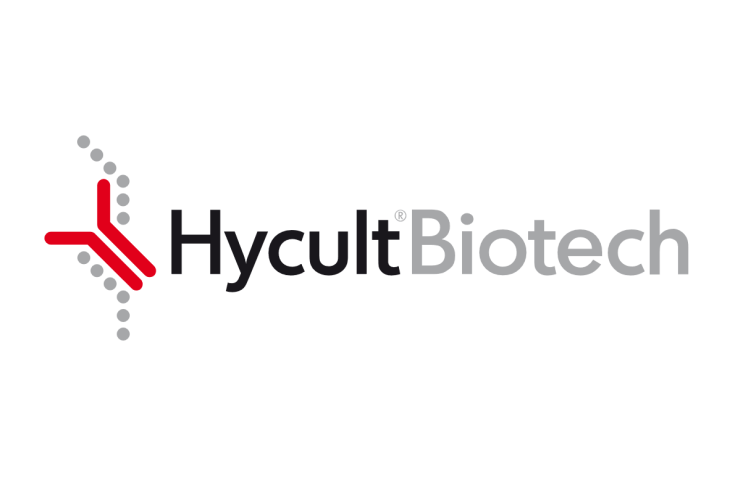-
Research area
- Biochemicals
- Blood and Biospecimens
- Cell biology
- Environmental
- Flow Cytometry
- Forensic Science
- Genomics
- Immunology
- Labware
- Microbiology
- Pathology
- Transplantation
429 Too Many Requests 429 Too Many Requests
nginx - Suppliers
- About us
- Resources
- Events
- Support
- Lab Services
- Promotions
Product description
The monoclonal antibody 8C8 recognizes human alpha-defensin 5 (HD5). HD5 is an antimicrobial peptide produced by Paneth cells, specialized epithelial cells of the small intestinal crypt. HD5 is stored in the Paneth cells as propeptide (aa 20-94) and released as mature peptide after trypsin digestion, which is co-secreted from the Paneth cell granules. The mature HD5 (aa 63-94) is protected from further digestion by the proteolysis enzyme. HD5 functions in maintaining the correct microbial balance in the intestine. Transgenic mice that express HD5 are protected from lethal challenge caused by Salmonella typhimurium. Expression levels of HD5 are negatively correlated to intestinal infection. HD5 is a useful marker for intestinal metaplasia of the upper gastrointestinal tract. HD5 expression has also been detected in the upper half of the stratified squamous epithelium of the vagina and ectocervix with increasing intensity toward the lumen. Secreted HD5 is detectable in cervicovaginal lavages, with highest concentrations during the secretory phase of the menstrual cycle. The monoclonal antibody 8C8 was raised against recombinant HD5 (aa 20-94) and recognizes the propeptide and the partially processed forms (aa 36-94 and 56-94), but it hardly recognizes mature peptide. No cross reactivity with HD6, lysozyme, or sPLA2 could be detected.
Specifications
Applications
IHC-Fr, WB, ELISA
Isotype
Mouse IgG2b
Supplier
Hycult Biotech
Shipping & storage
Shipping condition
Room Temperature
Storage temperature
2-8°C
Do you have any questions about this product?
Order your product by email
Productname
Defensin 5, Human, mAb 8C8
HM2228-100UG
By filling out this form, you are placing an order by e-mail. You will receive an order confirmation within one working day. The order cannot be modified after receipt of the order confirmation.
Request a sample
Productname
Defensin 5, Human, mAb 8C8
HM2228-100UG
By filling out this form, you request a sample. You will receive an order confirmation within one working day. The order cannot be modified after receipt of the order confirmation.
Are you looking for specific products, alternatives or documentation?











